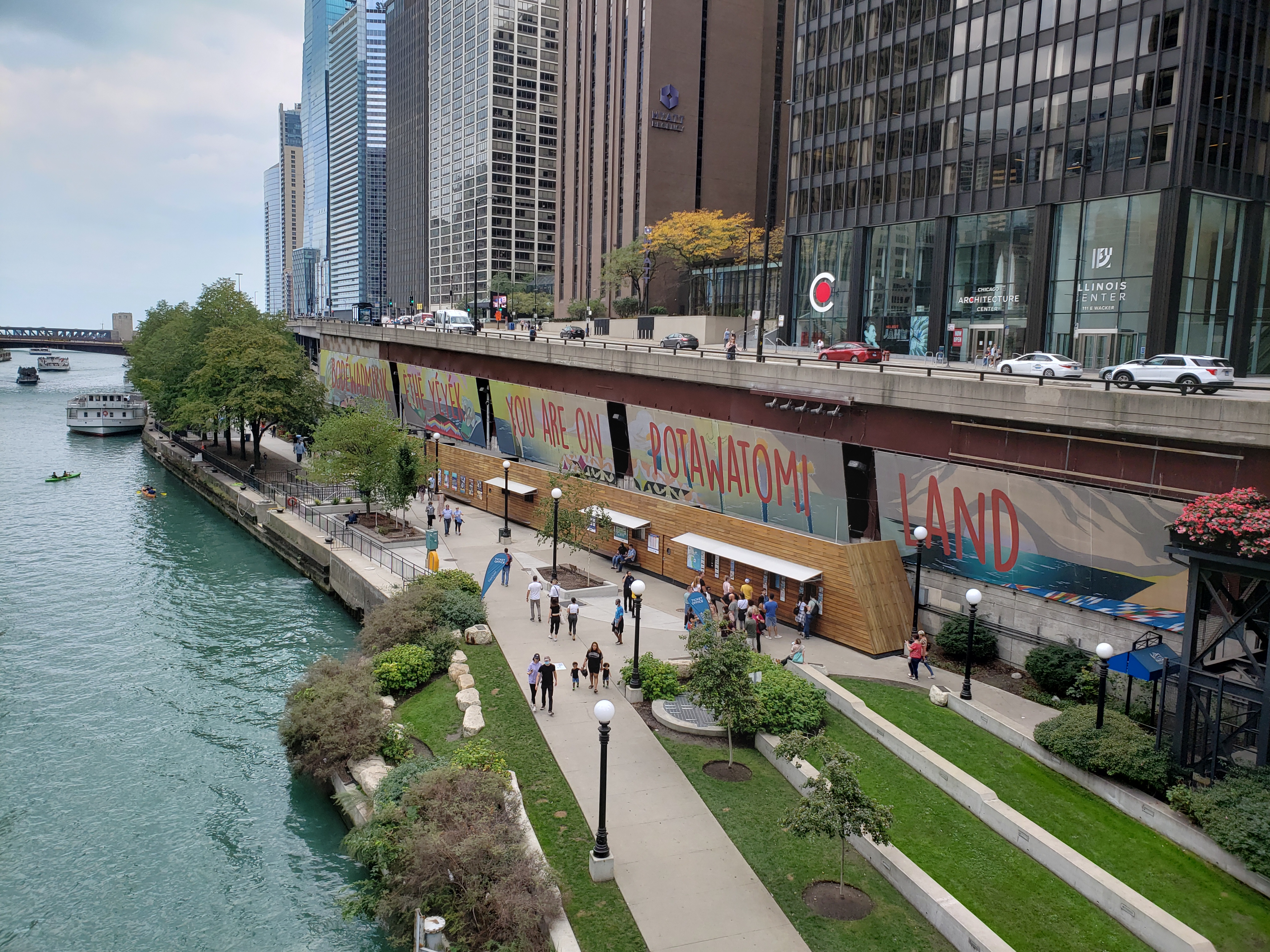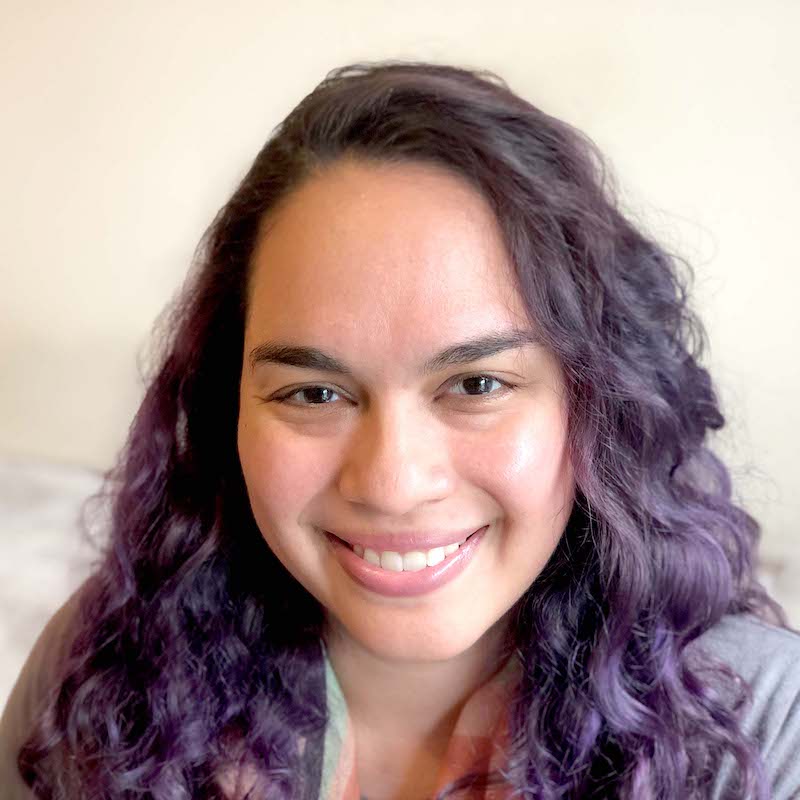
- Details
- By Monica Whitepigeon
DEKALB COUNTY, Ill.—Late last week, the Illinois General Assembly convened and introduced House Resolution 0504, in support of returning the illegally sold Shab-eh-nay Reservation lands back to the Prairie Band Potawatomi Nation (PBPN).
The Kansas-based tribe was originally from the Great Lakes region and were stewards of the Illinois area. Currently, there are no federally recognized reservations in the state of Illinois, and this move could be a significant win for Indigenous people.
Want more Native News? Get the free daily newsletter today.
The resolution acknowledges the sordid history between the Prairie Band Potawatomi Nation and white settlers by referencing treaties signed in the mid-1800s. The Treaty of Prairie du Chien in 1829 defined land ownership to the Potawatomi Chief Shab-eh-nay and his band. After the Indian Removal Act in the 1830s, the 1833 Treaty of Chicago reaffirmed the lands reserved to Chief Shab-eh-nay; however, the lands were illegally sold while he was visiting relatives in Kansas.
The original 1829 allotted land for the Shab-eh-nay Reservation was approximately 60 miles west of Chicago in DeKalb County, near the Village of Shabbona. Today, the land is owned and occupied by private individuals, the State of Illinois, the DeKalb County government, and corporate entities.
HR 0504 reads:
RESOLVED, BY THE HOUSE OF REPRESENTATIVES OF THE ONE HUNDRED SECOND GENERAL ASSEMBLY OF THE STATE OF ILLINOIS, that we support the Prairie Band Potawatomi Nation's efforts to regain possession of Chief Shab-eh-nay and his band's land that was illegally sold by the federal government in 1849; and be it further
RESOLVED, That we encourage the federal government to enact legislation to address the ownership of the Shab-eh-nay Reservation reserved for Chief Shab-eh-nay and his descendants under the Treaty of Chicago in 1833.
The bill was filed by Representative Tom Demmer (R-Dixon), who serves Illinois’ 90th District which includes portions of Ogle, Lee, DeKalb, and LaSalle Counties. The 35-year-old representative is the Deputy House Republican Leader and is known for supporting job creations.
It has taken Prairie Band nearly two decades to strategically buy lands and build statewide support in efforts to create more revenue streams for the tribe and local communities. In 2006, the PBPN reacquired 128 acres of its original 1,280-acre Shab-eh-nay Reservation in Shabbona, Illinois. In 2014, the tribe filed to put the land into a trust and required an environmental impact study before federal action.
Chief Shab-eh-nay was known for his peacekeeping tactics and is viewed as a local hero in the Village of Shabbona, which has a population just over 1,100.
More Stories Like This
Committee Advances 20% Increase to Navajo Child Support GuidelinesNavajo Committee Advances $84M Transportation Improvement Plan
NCAI Passes Two Emergency Resolutions on Immigration Enforcement Activities
Chickasaw Lighthorse Police Officer named Indian Country Law Enforcement Officer of the Year
Indian Gaming Association Rallies Broad Coalition Against Sports Event Contracts It Calls Illegal Threat to Tribal Sovereignty
Help us defend tribal sovereignty.
At Native News Online, our mission is rooted in telling the stories that strengthen sovereignty and uplift Indigenous voices — not just at year’s end, but every single day.
Because of your generosity last year, we were able to keep our reporters on the ground in tribal communities, at national gatherings and in the halls of Congress — covering the issues that matter most to Indian Country: sovereignty, culture, education, health and economic opportunity.
That support sustained us through a tough year in 2025. Now, as we look to the year ahead, we need your help right now to ensure warrior journalism remains strong — reporting that defends tribal sovereignty, amplifies Native truth, and holds power accountable.
 The stakes couldn't be higher. Your support keeps Native voices heard, Native stories told and Native sovereignty defended.
The stakes couldn't be higher. Your support keeps Native voices heard, Native stories told and Native sovereignty defended.
Stand with Warrior Journalism today.
Levi Rickert (Potawatomi), Editor & Publisher

